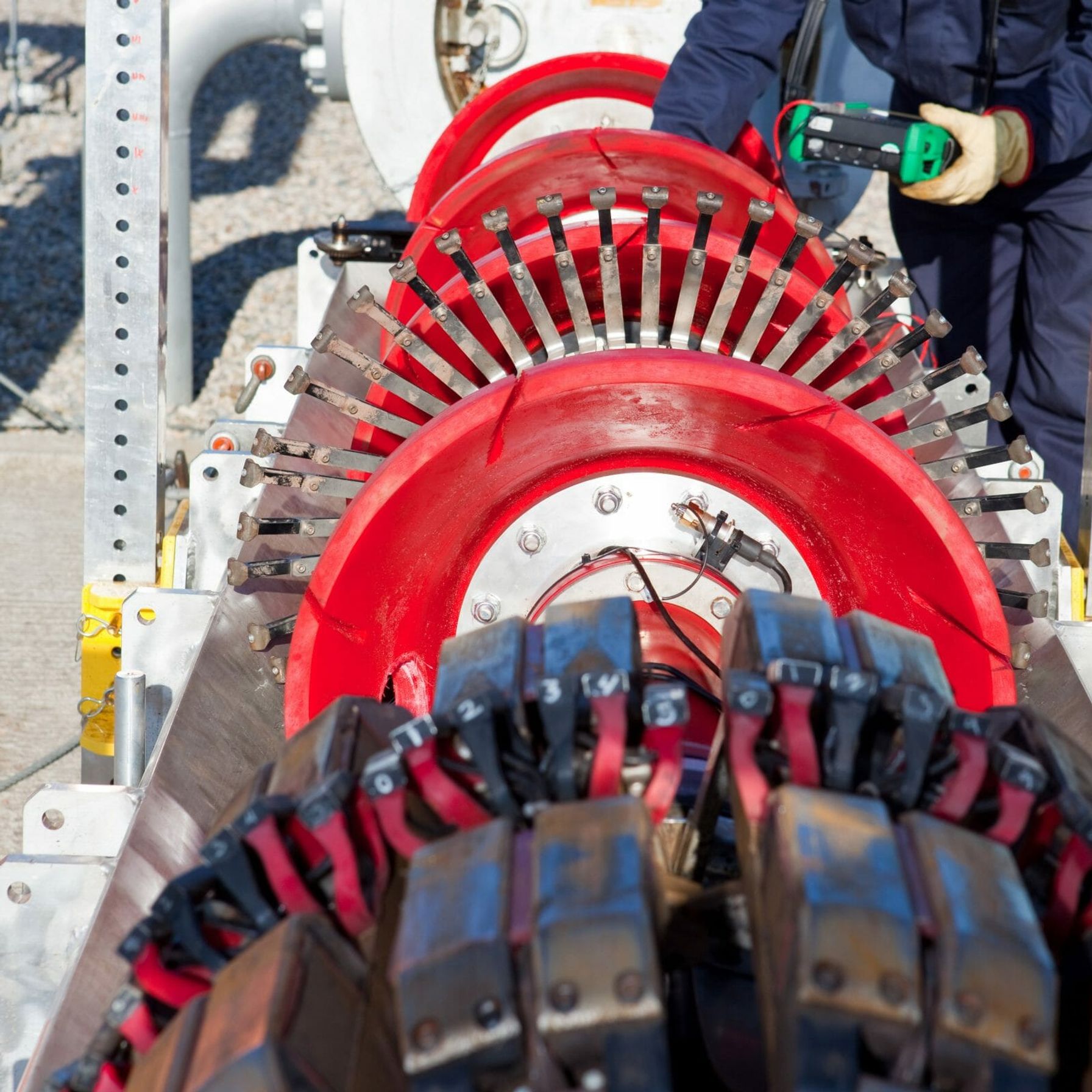
When pipelines fail, misinterpretation of in-line inspection data is often identified as either a root-cause or a contributing factor. As a result, federal and state regulators have taken additional steps to verify that persons involved with reviewing ILI data are sufficiently qualified. The In-line Inspection Personnel Qualification and Certification Standard (ILI-PQ) – developed by the American National Standards Institute and American Society for Nondestructive Testing – requires that ILI vendors develop and maintain training and certification processes for their ILI tool operators and data analysts.
While the industry and regulators have made strides in addressing this issue, the reality is that some critical issues remain.
Qualification Doesn’t Tell the Whole Story
Even within the same ILI company, two analysts having the exact same certification will often interpret the same anomaly differently. Think of it this way: Not everyone licensed to operate a motor vehicle is a good driver. New drivers and experienced drivers will each bring different confidence levels, skill levels, etc. to their decision-making. Age, lifestyle, physique and even health can all affect a driver’s abilities.
Keep Your Eye on the Bigger Picture
We can get too focused on the term “qualified” and miss the big picture. For those of us with driver’s licenses, we know it takes a lot of practice driving to get competent. Consider that additional training/certification is required before drivers can drive ambulances, semitrailers or even race cars. Each type of vehicle is just as unique as each pipeline system. Is this any different for the analysts who review data?
New NDE techs with Level 2 certifications for ultrasonic testing or magnetic particle testing are not typically knowledgeable in ILI anomaly evaluations – until they receive substantial on-the-job training to get competent with their interpretations. This is similar for ILI vendor analysts. They learn the basics and how analysis software works and then progress their knowledge as they get exposed to more surveys and anomalies. Over time they learn the nuances of non-standard call-outs.
What about Pipeline Operators?
Adding to the complexity, there’s currently no mechanism today for pipeline operator personnel to obtain a certification to review raw ILI image data. This is troubling as their recommendations may be even more important than those of the ILI vendor analysts. The vendor analyst does not have intimate knowledge of the pipeline or the conditions and lacks the ability to integrate other information (such as pipe characteristics data and cathodic protection data). Thus an operator’s review of the data can be more complete as he has more insights into the pipeline being analyzed.
How TRC Can Help
TRC has a powerhouse team of ILI gurus who are industry-recognized leaders with experience in auditing, program development, tool selection, managing runs, interpreting raw data, dig planning, pipeline repairs and training. TRC’s Pipeline Integrity Team includes several former PHMSA regulators and PHMSA trainers who support the ILI team and pipeline operators with expert regulatory consulting. We can help you develop a plan for standardization specific to your operations, audit and train your team or provide guidance as to what to look for with your ILI support team and what questions to ask it.
Contact integrity@trccompanies.com to learn how TRC can help you with in-line inspection or pipeline integrity. And sign up today for the Pig Pen Sessions, our upcoming series of interactive podcasts exploring in-line inspection. Discussion topics will be based on your input, so we welcome your thoughts and questions at the email address above. The first session, the (Smart) Pig Pen, will be held October 23.
